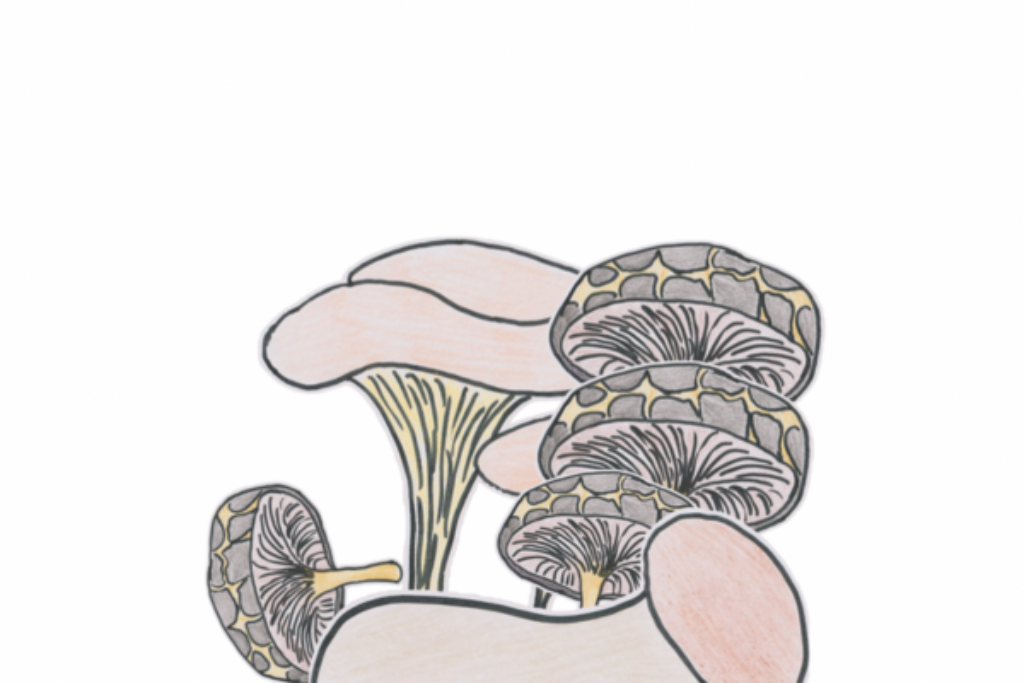Vegetarian cooking is not just about putting vegetables and fruits together. It is much more interesting because it requires creativity and knowledge.
A delicious and impressive plant-based cuisine is full of flavours, textures, nutritional benefits and colours. The creation of vegetarian dishes involves a meticulous process of selecting, preparing, and combining ingredients to achieve meals that are not only nutritious but also delightful to the palate.
Ingredient transformation
The cornerstone of vegetarian cuisine lies in the skillful transformation of basic ingredients into extraordinary dishes. This process is not just about substituting meat with vegetables but understanding how to unlock the potential of each ingredient. Through various cooking techniques and the application of heat, proteins like soya bean or flour can evolve into the stars of some ingredients such as variety of tofu products and seitan, mimicking the textures and flavours traditionally associated with meat. This requires understanding how to change their textures and flavours through cooking.
Diverse ingredients
Vegetarian cooking uses a wide range of plant-based ingredients beyond just vegetables, such as mushrooms, nuts, and seaweeds. It is about an entire ecosystem of plant-based foods in the cuisine. Each of these adds different flavours and textures to dishes. Each ingredient brings its unique properties, requiring chefs to have a deep understanding of how they can complement or transform a dish.
For example, mushrooms are a wonder ingredient in the vegetarian kitchen due to their unique meaty texture and ability to absorb flavours. It is known that oyster mushroom has a delicate texture. The savoury taste of oyster mushroom make itself ideal for replacing chicken or pork in recipes.

Besides, in the world of vegetarian food ingredients, there are a number of plant-based finished food ingredients on the market. For example, “vegetarian shrimp” can vary significantly in base ingredients, affecting the final taste and texture, because different manufacturers produce their own plant-based products with their own food recipe. This variability underscores the importance of selecting the right products to achieve the desired outcome in a dish.
Sauces matter
Sauces play a pivotal role in vegetarian cuisine, acting as the backbone of many dishes. They add moisture, richness, and layers of flavour that can elevate a dish from good to unforgettable. In the realm of vegetarian cooking, the challenge often lies in finding or creating sauces that adhere to vegetarian standards, as many traditional sauces, such as wine and oyster sauce may be involved in animal-derived ingredients. Homemade solutions can avoid hidden animal-derived ingredients, but it will further require more skills of making vegetarian-friendly sauces. Alternatively, you can check the composition on the product labels when you shop different kind of sauces at supermarkets.
Nutritional considerations
People choose vegetarian diets for ethical reasons or health benefits. Creating dishes that are both delicious and meet these criteria adds another layer of the nutritional value that supports health.
Vegetarian cooking lets us unlock new dimensions of flavour and texture, crafting dishes that are not only a feast for the senses but also a reflection of our creativity and respect for the natural world. Innovation makes us to rethink vegetarian cooking, not as a limitation, but as an expansive, vibrant field ripe with possibilities for exploration, innovation and enjoyment.







